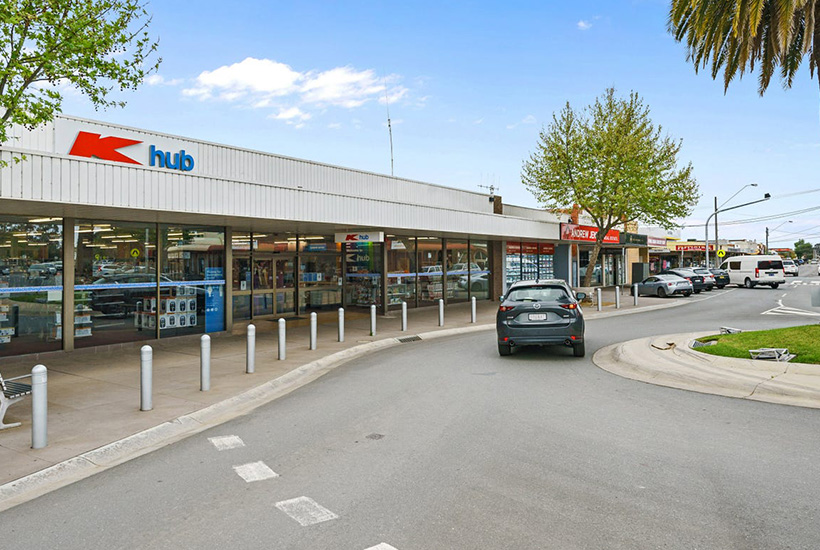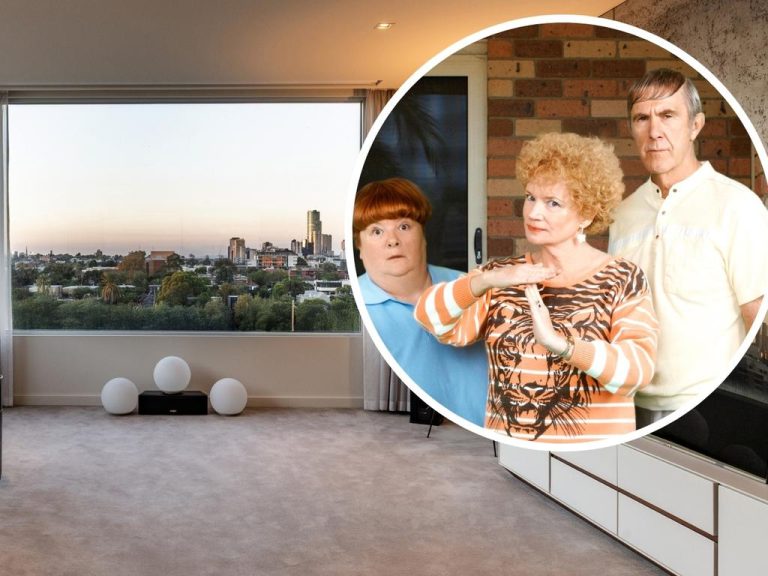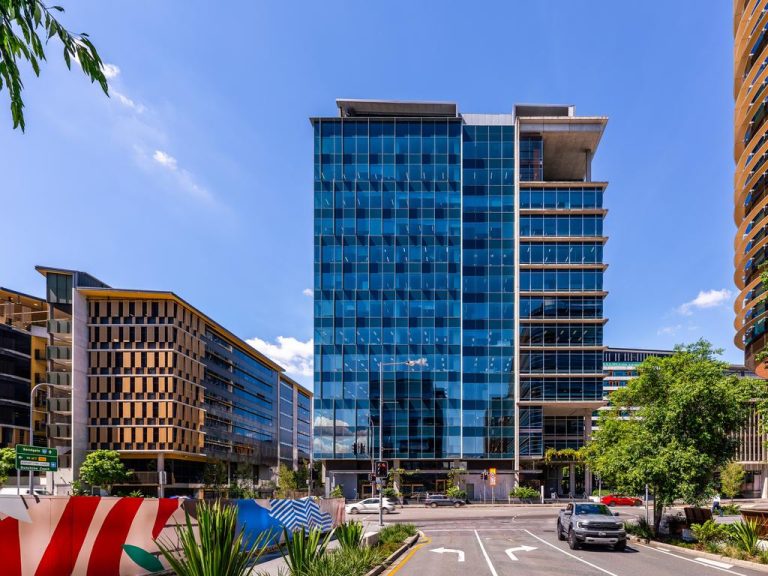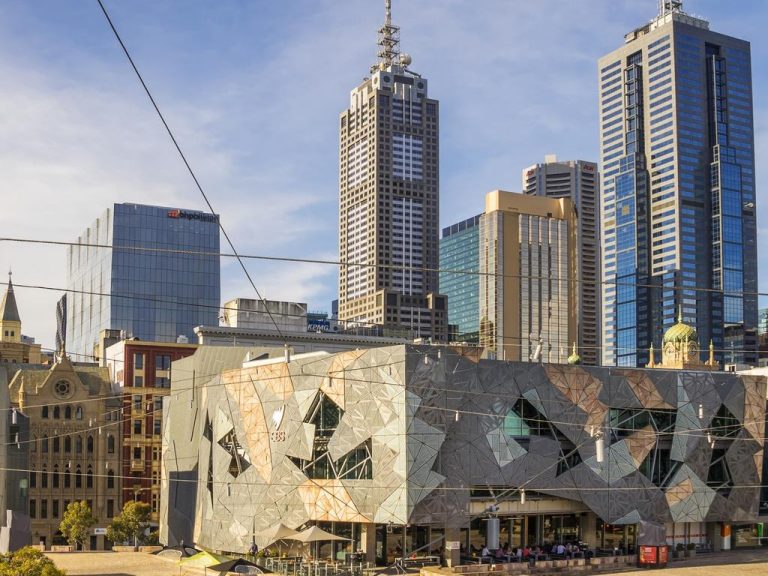Discount department stores have shown their worth to investors during COVID

Two Kmarts and a Target store currently listed are attracting a broad spectrum of buyers, with the retailers perceived as sought-after tenants that have hit a “sweet spot” with shoppers during the pandemic.
As vaccination rates soar and eastern states emerge from lockdown, the Wesfarmers-owned retailers stand to benefit from pent-up demand for the in-store experience.
National director of NSW retail investment services at Colliers, James Wilson, said discount department stores and essential services retail such as supermarkets and hardware are currently attracting unprecedented levels of interest from investors.
“We are engaging with exceptionally strong depth of market and increased competition for retail investments secured by Woolworths, Wesfarmers, Coles or Bunnings, in particular for those who have long-term leases and strong underlying land value,” Mr Wilson said.
Discount department stores are desirable tenants right now, having been able to build customer trust by quickly adapting product lines during the pandemic, and by maintaining solid online distribution channels.
In August, Wesfarmers-owned Kmart Group, which includes Kmart, Target and Catch, posted a stronger-than-expected annual result with earnings up 69% to $693 million.
“They’ve hit a sweet spot”, Mr Wilson said, adding that because in-store sales historically account for the majority of sales for discount department stores, the emergence from lockdown in NSW and Victoria should only propel sales higher.
Timely sale
A 1,380sqm K Hub at 21-27 High Street in the northern Victorian town of Cobram has been listed through Burgess Rawson and Kerr Real Estate. K Hub is a smaller format Kmart, selling the brand’s most popular products and items.
The property offers a net income of $186,000 per annum, CPI rent reviews and investor-preferred net-lease terms, with Kmart paying all outgoings including land tax. It comes with a renewed five-year lease to March 2024 with options to extend to 2039.
With the Melbourne-based vendor upgrading to a larger, more local opportunity, it will go under the hammer by investment portfolio auction on 11 November.
Agent Shaun Venables at Burgess Rawson said the property’s price point of around $3 million is low enough to attract a wide range of buyers.
“It’s a very affordable offering,” he said. “The store has been a good performer for a long period of time. I think people underestimate how big the Cobram trade catchment is and how far people come.”
Survival of the fittest

Target Bendigo which is currently on the market is one of the brand’s strong performers in regional Australia, according to agent Rick Silberman. Picture: realcommercial.com.au/for-sale
The Cobram store is one of around 70 Target and Target Country stores that have been or will be converted to Kmart or K Hub stores, with another 75 Target stores having closed or been tagged for closure.
Mr Wilson at Colliers said Wesfarmers have chosen to support their strongest stores, which should give buyers confidence.
One of the remaining Targets has just been listed at 31-33 King Street in Bendigo through Ryder Commercial and Savills Retail Investments.
The 6,863sqm store offers three street frontages, commercial 1 zoning and a rare net lease with Target responsible for 100% of the outgoings.
The property also comes with secure rental income, secured by an 11-year lease with options to extend until 2048. It also has a net income of $1,000,000 per annum.
Rick Silberman at Savills said the store has strong and growing sales due to its prime location.
“Bendigo is Victoria’s third largest economy. A lot of these Targets that are closing are in remote country towns and smaller stores. This is a completely different kettle of fish. This is a really strong performing store.”
Eastern seaboard buyers targeting attractive returns

This Kmart in Port Lincoln is attracting interest from interstate buyers. Picture: realcommercial.com.au/for-sale
Meanwhile a 4,735sqm plaza, which includes a Kmart and several retail stores in Port Lincoln, South Australia, is also gaining a lot of interest, mainly from eastern state buyers.
Being sold through Kemp Real Estate, the property offers a current gross rental return of $887,981.76, and more than $900,000 in potential annual rental revenue. Turnover rent applies to the Kmart store, with a base rent plus a percentage based on turnover, with seven years left on the lease.
But closed borders have prevented prospective buyers from being able to visit the site, leaving some unwilling to jump.
“The sooner we can open borders the better,” said agent Steve Kemp. “That will open up the market further for South Australia.”
Mr Wilson at Colliers said limited on-market opportunities in eastern states are causing yield compression, causing buyers to look elsewhere.
But other states have also seen compression in recent months.
“The gap between eastern seaboard states and Adelaide, for that core super prime retail investment opportunity, is compressing, in particular for premium freestanding retail investments such as supermarkets or hardware,” Mr Wilson said.
“The stronger the lease term is where you probably see that yield arbitrage diminish. Secondary assets will have more of an opportunity and a more attractive yield in some of those other states outside that eastern seaboard.”
South Australia has another drawcard for eastern buyers: no stamp duty on commercial properties.
While discount department stores and essential service supermarkets have historically attracted private investors, lower acquisition costs in South Australia are also sparking the interest of institutional investors and high net worth investors, Mr Wilson said.
The September sale of Bunnings at Munno Para West in Adelaide, for which investor Charter Hall outlaid $48.8 million at a yield of 4.25%, tempted a range of private investors, syndicators and institutional capital for that exact reason, he said.
“If you’re investing in South Australia you have an immediate impact and improvement on the returns.
“This allows investors to go a lot more aggressively.”







